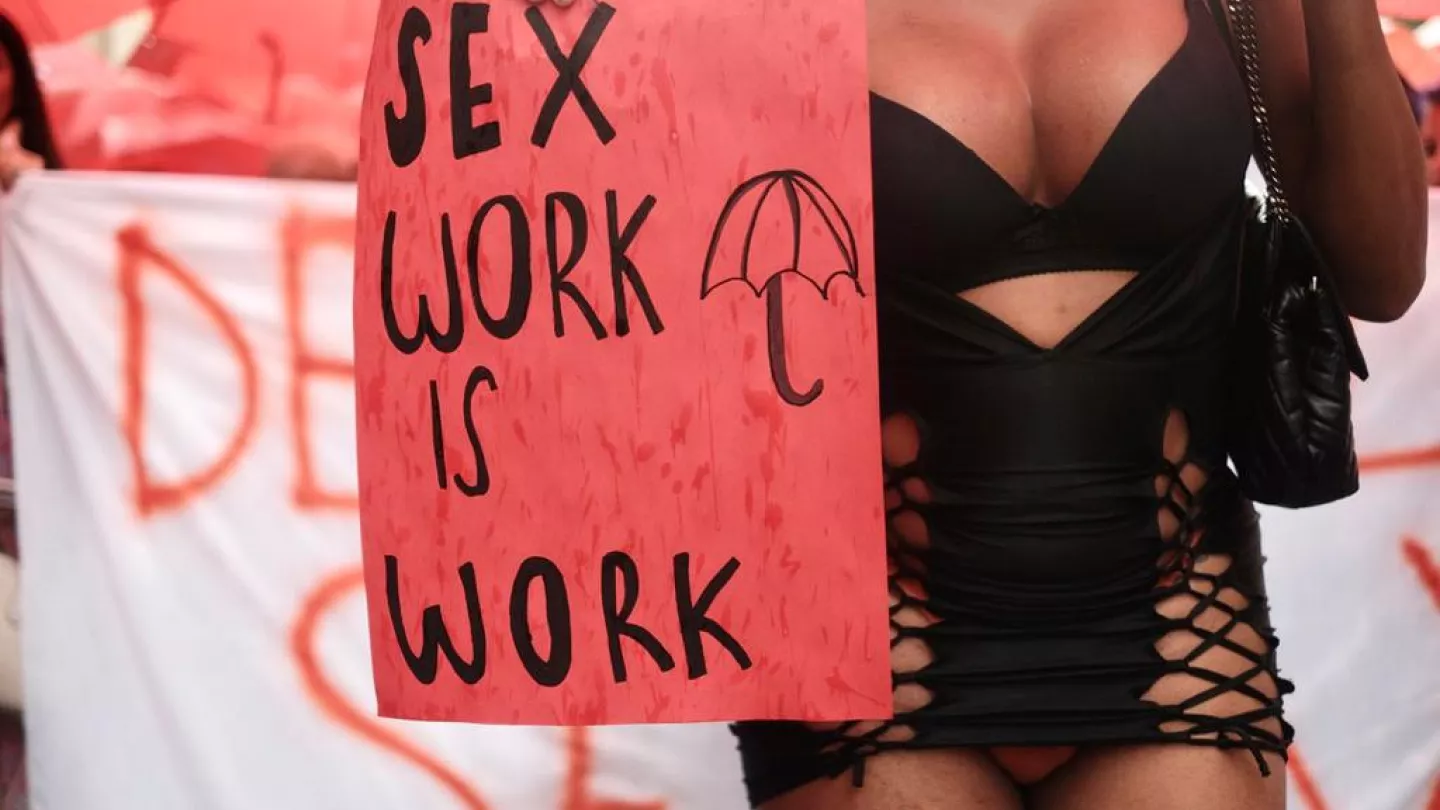
ITALY’S NEW SEX WORK LAW IGNITES PUBLIC OUTCRY

Italy’s government has created a new bureaucratic code for sex workers and others in the sex trade, causing a stir after it included criminal acts such as pimping.
Italy uses a system known as ATECO to classify different professions with their code, which is used for administrative functions such as filing taxes or registering a company.
Drawn up by the National Institute of Statistics, a government agency, a new code came into effect this month covering various “personal service activities”.
The new code includes escorts and the “provision or organisation of sexual services, organisation of prostitution events or management of prostitution premises”.
It also covers matchmaking agencies and those that set up speed networking.
Two lawmakers have demanded an explanation in parliament, while others have charged that the bureaucratisation of sex work will make women more vulnerable to sex trafficking and illegal rings run by criminal organisations.
“Who decided this? We are talking about activities that create a grey area, leaving room for exploitation and trafficking,” said Senator Alessandra Maiorino of the opposition Five Star Movement.
But Deputy Prime Minister Matteo Salvini, from the far-right League party, called it a “step forward towards good sense and legality” on Friday.
In Italy, the sex trade is largely controlled by the mafia and other organised crime groups.
Sex work itself is not a crime in Italy, but pimping and running prostitution networks is — meaning the new code includes both legal and illegal acts.
Istat explained that the new code was created to conform to EU standards. The category is broad because some countries in the bloc regulate sex work, such as Germany and the Netherlands.
The EU classification system may include legal and non-legal activities “to ensure the exhaustiveness of the classification and the full comparability of data between EU countries, regardless of their regulatory regime”, the agency said in a statement.
For Italy’s purposes, the classification would only apply to “resident economic operators who carry out legal activities”, it said.
